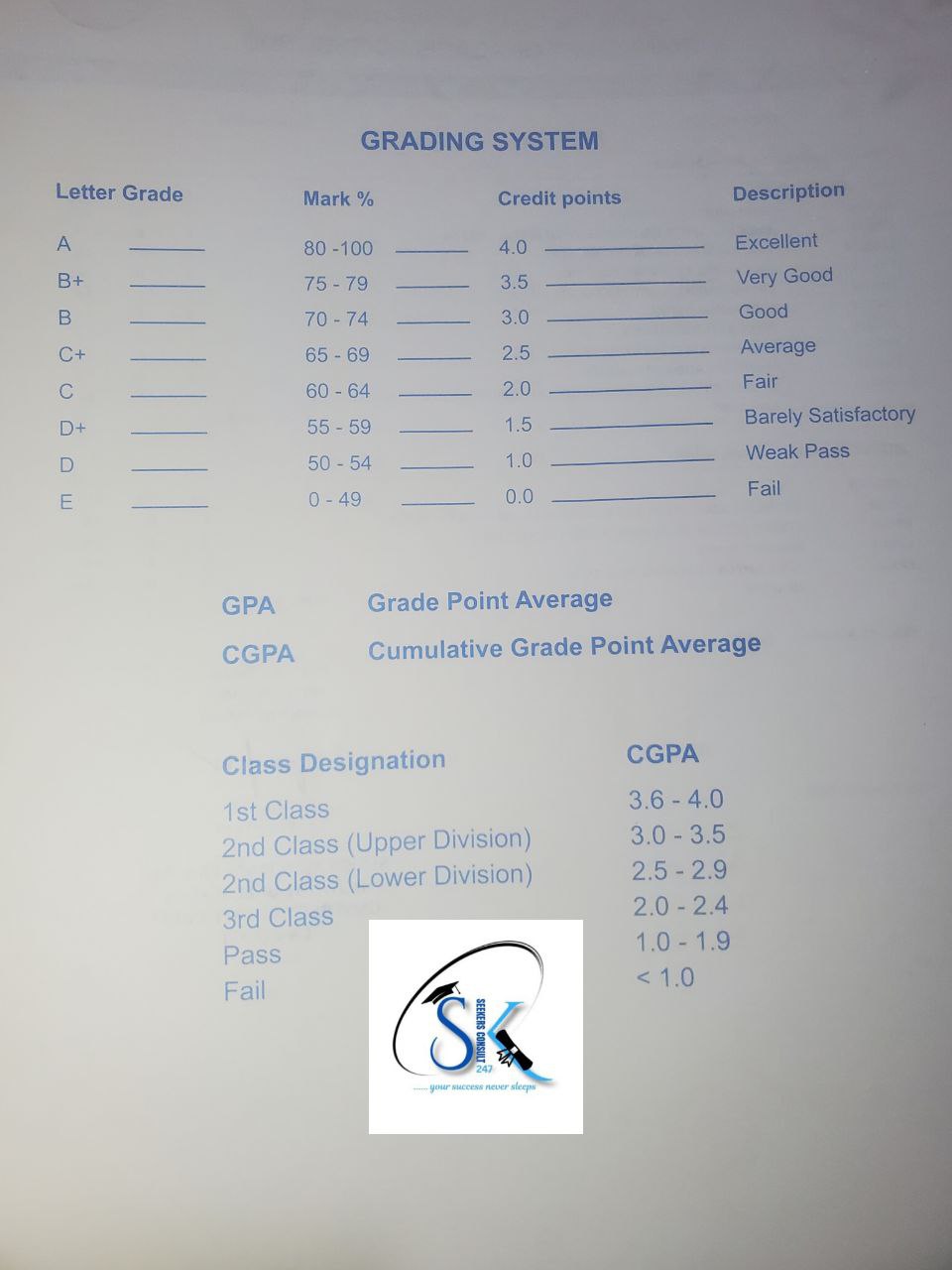
Didn’t Graduate? You Can Still Get Your University/ College Transcript! Here’s How and Why It Matters
Life happens. Maybe you started a university degree but found an amazing job opportunity, faced personal challenges, or simply decided that path wasn’t for you anymore. A common question arises: “I didn’t graduate, can I still get my transcript from the university?”
The short answer is a resounding YES!
Even if you didn’t complete your degree, the academic record of the time you did spend studying holds value. Universities maintain these records, and you have the right to access them. This post will guide you through understanding what a transcript is, why you might need it even without graduating, and how to obtain it.
What Exactly is a University Transcript?
Think of a university transcript (often called a “Transcript of Records” or sometimes “Detailed Results”) as your official academic report card for your entire time at that institution. It’s more comprehensive than just a list of final grades. A standard university transcript typically includes:
- All Courses Taken or Attempted: This includes courses you passed, failed, withdrew from, and even courses you audited (attended without seeking credit).
- Grades Earned: The grades you received for each course are listed. Importantly, universities generally do not delete grades from a transcript, providing a complete history.
- Credits Earned: The number of credits associated with each course and potentially the total credits earned.
- Dates of Attendance: When you studied at the institution.
- Program of Study: Your declared major or program, even if you didn’t complete it.
- Sometimes: Your Grade Point Average (GPA) for the period you attended.
Key takeaway: Your academic effort is recorded, even if it was just for one complete semester. Those results don’t disappear!
Why Would You Need a Transcript if You Didn’t Graduate?
You might be surprised how often an official record of your partial studies can be useful:
- Job Applications: Some employers value specific skills learned in certain courses, even if you don’t have the full degree. Your transcript proves you took (and hopefully passed!) relevant subjects. This is especially true for roles requiring specific technical knowledge gained in courses you completed. Even completing short courses (like 3 months) and passing exams demonstrates acquired knowledge.
- Further Education: If you decide to return to studies later, either at the same or a different institution, your transcript is crucial for transferring credits or proving prerequisites.
- Professional Certifications: Certain professional bodies might require proof of specific coursework for certification eligibility.
- Credential Evaluation: If you’re applying for jobs or education abroad, organizations like WES (World Education Services) often require your transcript for evaluation to equate your studies to the standards of the destination country.
How to Get Your Transcript of Records (Even Without a Degree)
The process is generally straightforward, though specific steps vary slightly between universities:
- Identify the Right Office: This is usually the Registrar’s Office, Student Records Office, or Academic Affairs Office. Check the university’s official website.
- Find the Transcript Request Procedure: Most universities now have online portals for transcript requests. Others might require you to download, fill out, and submit a physical or PDF form via email or mail. Search the university website for “transcript request” or “order transcript.”
- Provide Necessary Information: You’ll typically need:
- Your full name (including any previous names used while attending).
- Your student ID number (if you remember it).
- Your dates of attendance.
- Your date of birth.
- The address(es) where the transcript needs to be sent.
- Specify Transcript Type: You’ll likely need an official transcript, which is usually sealed or sent directly by the university. Unofficial transcripts might be accessible via a student portal but usually aren’t accepted by employers or other institutions.
- Delivery Method:
- Electronic: Many universities offer secure electronic delivery (often as a certified PDF).
- Mail: You can have it mailed to yourself or a third party. Provide the full physical address if required.
- Direct Sending: Crucially, some institutions (employers, evaluation services, other universities) require the transcript to be sent directly from your university to them. Ensure you provide the recipient’s correct electronic or physical address and indicate this requirement clearly on your application form.
- Pay the Fee: There’s usually a fee per transcript copy. Payment methods (online, bank draft) will be detailed on the university’s request form or portal.
- Handling Credential Evaluations (if needed):
- If an organization like WES needs your transcript, you first need to create an account on their portal and pay their evaluation fees.
- They will provide you with a Reference Number.
- You must include this Reference Number on your transcript request form submitted to your university.
- Often, evaluation services require the university to send the transcript directly to them (electronically or by mail), so double-check their requirements and communicate this to your university.
Transcript vs. Marksheet: Is There a Difference?
Yes, there often is:
- Transcript: A comprehensive record of all coursework, grades, and credits across your entire period of study at the institution.
- Marksheet (or Grade Report/Result Slip): Typically details the results for a specific semester or academic year.
While marksheets show your grades for a period, the transcript is the official, cumulative document usually required by employers and other institutions.
What About High School Transcripts?
The concept is similar – a high school transcript is the official record of the courses you took and the grades you received during your secondary education. The process for requesting it involves contacting your former high school or the relevant school district office.
Don’t Let Non-Graduation Stop You
Your time at university, however long, represents learning and effort. Your transcript is the official proof of that. Don’t hesitate to request it if you need it for your next steps in career or education. Universities are accustomed to providing transcripts to former students, whether they graduated or not. Go ahead and claim your academic record!




